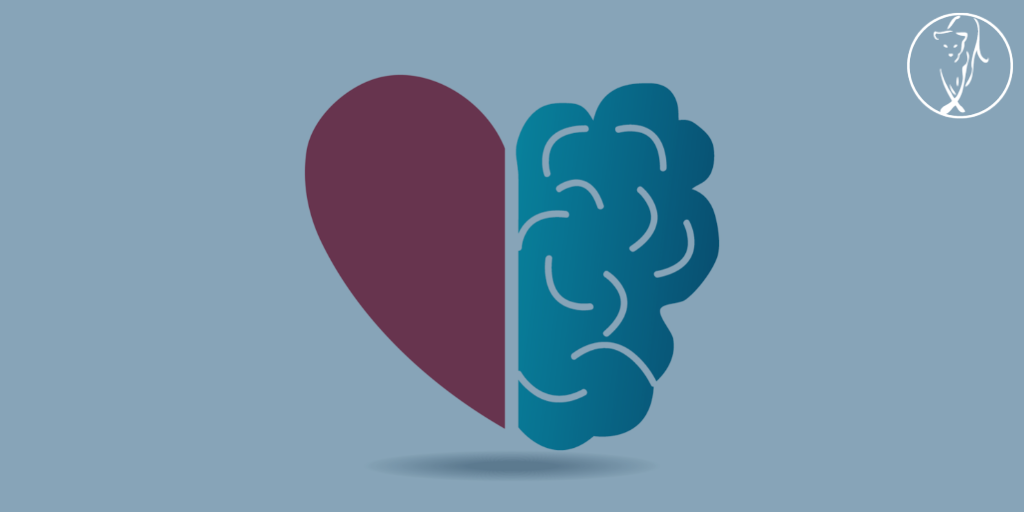by Marjon Meyer
EQ is not natural for most people and needs to be consciously developed. Fortunately, as we grow older, wisdom also sets in. Using simple terms, EQ is being mature and wise.
What is emotional intelligence?
For most people, emotional intelligence (EQ) is more important than one’s intelligence (IQ) in attaining success in their lives and careers. There are various definitions, but my favourite two descriptions are:
“A person’s ability to deal with environmental demands” (Daniel Goleman, 2005)
“EQ encompasses intuition, character, integrity and motivation. It also includes good communication and relationship skills” according Dr Emily A. Sterret (2014).
John Wooden (2018) said something profound: “Be more concerned with your character than your reputation, because your character is what you really are, while your reputation is merely what others think you are.”
According to Michael Akers & Grover Porter (2020) True emotional intelligence is being able to appropriately call upon information from the emotional centre of the brain, and balance that with information from the rational center of the brain. Brain and heart is therefore important in making decisions – contrary to what many people think.
EQ stands on six pillars:
Self-dimension of emotional intelligence:
1.Knowledge = Self-Awareness
Accurately knowing our own feelings, preferences, goals and values; sensing how others feel about us and using that information to guide our behaviour.
2. Attitude = Self-Confidence
A can-do attitude, a belief in ourselves; overcoming self-doubt and taking reasonable risks; being assertive and not aggressive; being goal-directed; admitting mistakes and moving on.
3. Behaviour = Self-Control
Dealing with our stress; controlling emotional moods or outbursts without over-control; being adaptable; balancing rational and emotional considerations.
Social dimension of emotional intelligence:
1. Knowledge = Empathy
Easily reading and understanding others; having empathy; listening well; reading non-verbal cues.
2. Attitude = Motivation
Taking initiative; having a positive outlook; being creative; inspiring others; doing things we believe in and are committed to.
3. Behaviour = Social Competency
Finding common ground to establish rapport and minimize conflict; persuading and influencing others; being likeable and having positive relationships; having integrity.
Finally “It is very important to understand that emotional intelligence is not the opposite of intelligence, it is not the triumph of heart over head – it is the unique intersection of both ” (David Caruso, 2017).
So what do you think your EQ’s strengths and development areas look like? I’d love to hear from you! Connect with me on marjon@marjonmeyer.co.za or +27 82 883 2425 to request more information about your training and development needs. To see what other services are offered, have a look at www.marjonmeyer.co.za
Marjón Meyer is a Talent and Learning specialist, an Organisational Development consultant, a Corporate trainer & speaker, and a Coach & Therapist. Find out more about her work by visiting her website www.marjonmeyer.co.za, or connect with her on marjon@marjonmeyer.co.za, or phone +27 82 883 2425 to request more information on your training and coaching needs.
More articles by Marjón















